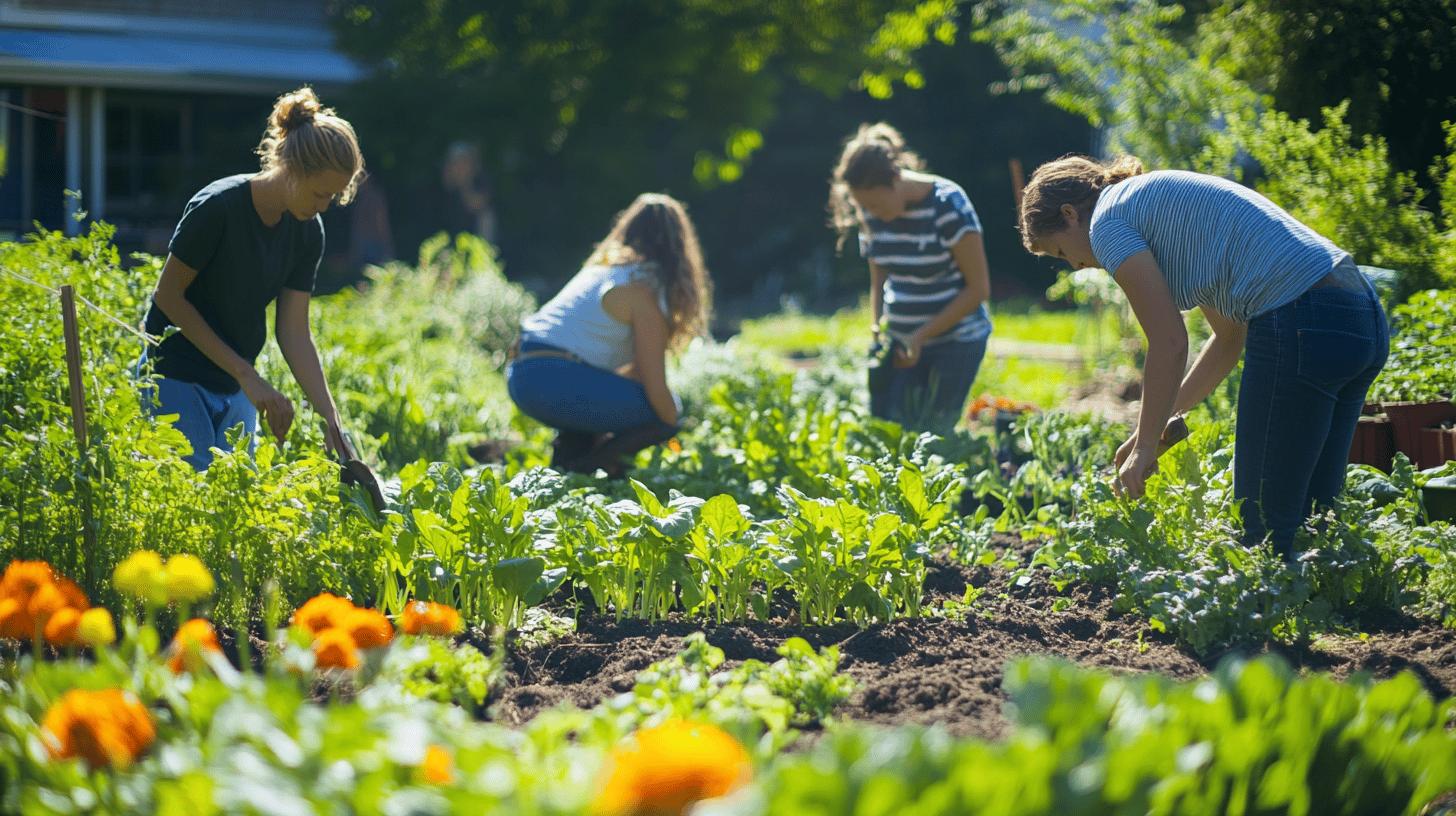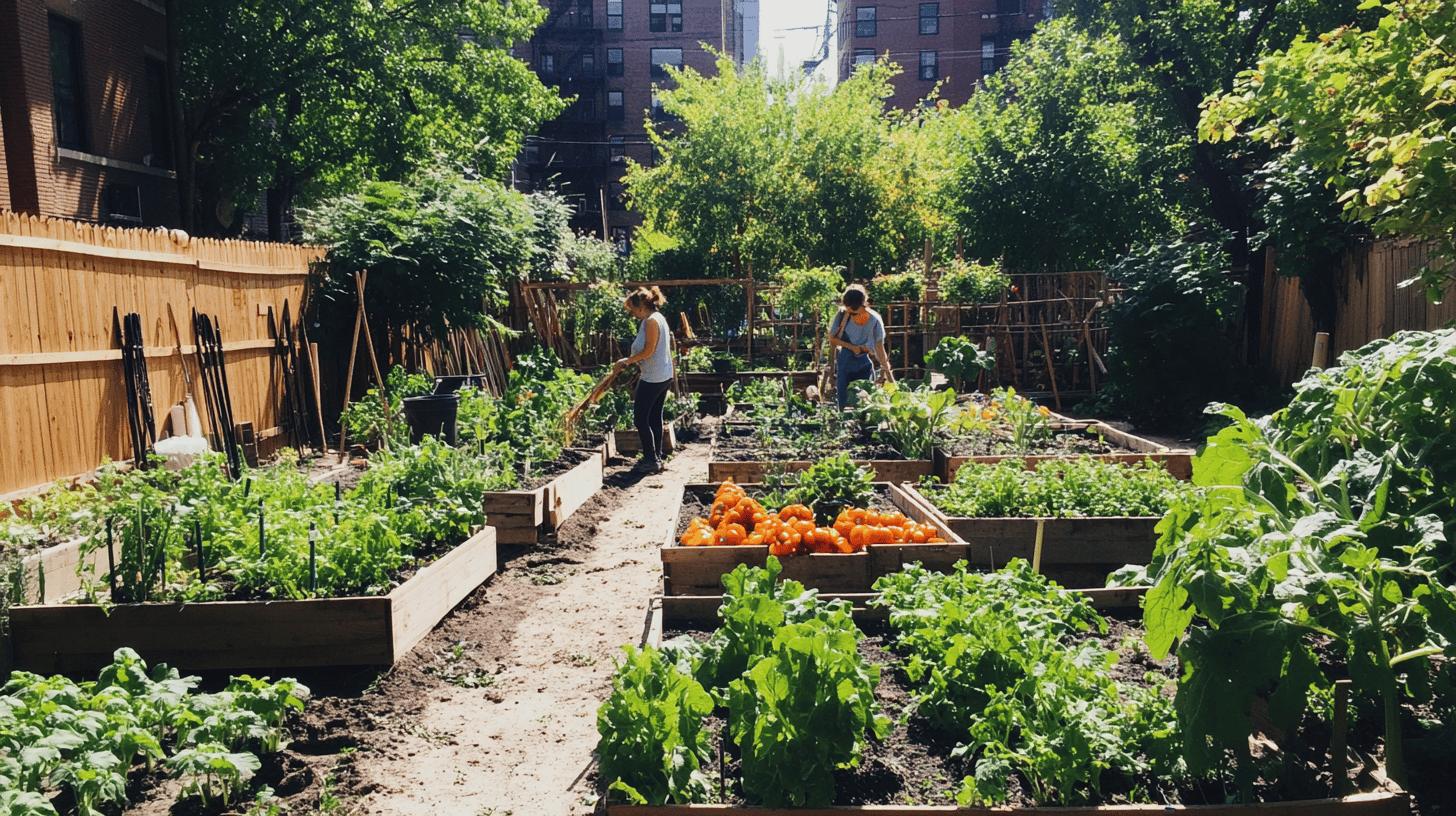Sustainable living is more than an ideal; it's a series of daily decisions that build a greener future for everyone. Imagine a world where mindful habits replace harmful practices, making each day an opportunity to reduce environmental footprints. By choosing reusable products, reducing energy consumption, and engaging in recycling, individuals can make a significant positive impact. These daily eco-friendly habits not only save resources but also inspire others to join the journey. This article offers practical tips for sustainable living, highlighting how small actions lead to meaningful change. Whether it's using reusable bags to cut down plastic waste or opting for energy-efficient appliances to slash utility bills, the focus is on actionable habits that align with eco-friendly goals. Discover how the Journey app can further enhance these efforts by connecting people with similar sustainable aspirations. Dive into this guide and start making a difference — one eco-conscious step at a time.

Sustainable living is about embracing conscious choices that reduce environmental impact every day. Simple shifts, like using reusable products and cutting energy consumption, form the backbone of long-term eco-friendly habits. For example, swapping single-use plastic bags for reusable ones significantly lowers plastic waste since the average plastic bag is discarded within 20 minutes of use. Incorporating daily eco-friendly habits requires practical, actionable steps that fit naturally into routines. Here are five effective practices to consider:

Reducing energy consumption is central to sustainable living. Smart choices like using energy-efficient appliances and smart home technology not only lower utility bills but also significantly reduce carbon emissions. Implementing these strategies creates a robust foundation for long-term eco habits that benefit both individuals and the planet. Here are five actionable energy-saving solutions to integrate into daily life:

Proper recycling and composting are crucial for reducing landfill waste and lowering methane emissions, a potent greenhouse gas. Implementing effective waste reduction strategies helps individuals and workplaces divert significant amounts of waste from landfills, creating a healthier environment. Avoiding disposable items like plastic bottles and coffee cups drastically cuts household waste and reduces plastic pollution. Adopting mindful waste habits supports long-term sustainability. Conducting a waste audit can reveal key areas for improvement, while repurposing items extends their lifecycle and minimizes resource consumption. Using eco-friendly cleaning products avoids harmful chemicals and plastic packaging, contributing to a safer home and planet. Here are five actionable waste reduction strategies to integrate daily:

Creating a green living space at home is a crucial endeavor that enriches daily life while reducing environmental impact. Growing your own food—whether in a backyard garden, a sunny windowsill, or a community plot—not only saves money but also cuts down on packaging waste. This hands-on approach fosters a deeper understanding of where food comes from and the energy involved in its production. Consider integrating these sustainable home and garden practices to build a robust eco-friendly routine:

Adopting responsible consumption habits is a crucial endeavor that aligns personal values with environmental stewardship. Ethical shopping reduces the demand for mass-produced, resource-intensive products and supports a more sustainable economy. Choosing second-hand items and products with minimal packaging helps minimize waste and promotes a circular economy, where materials are reused rather than discarded. Practical steps empower individuals to make meaningful, long-term changes. These choices not only reduce environmental impact but also foster a richer understanding of the products we use and their origins. Here are six actionable tips to enhance your ethical shopping habits:

Active transportation methods such as walking, cycling, scootering, and skateboarding offer a powerful way to cut down on carbon emissions. Each personal choice to leave the car behind reduces the average 4.6 metric tons of carbon dioxide a typical vehicle emits annually. Cities adopting urban initiatives like bicycle commuting programs and enhanced public transit have seen measurable sustainability benefits, including cleaner air and healthier communities. Consider these effective sustainable transportation tips:
Journey enriches this sustainable living endeavor by connecting like-minded individuals in communities focused on transportation and environmental impact. Its seamless platform supports organizing local sustainability projects, sharing tips on green travel, and collaborating on innovative solutions. Through vibrant discussions, event planning tools, and customizable member roles, Journey fosters a robust environment where members witness meaningful progress and mutual encouragement. This rich interaction helps individuals align their sustainable transportation habits with broader community goals, creating a fulfilling sense of belonging and impact.

Adopting a plant-based diet is a crucial step toward reducing diet-related greenhouse gas emissions, which can drop by up to 35% when shifting away from meat. Choosing locally sourced produce not only supports community farmers but also cuts down on transportation emissions, enhancing the sustainability of your food choices. Reducing food waste further strengthens this zero waste lifestyle by conserving resources and preventing methane emissions from organic waste in landfills. Implementing sustainable food strategies requires thoughtful planning and consistent effort. By embracing mindful consumption, individuals can align their daily habits with long-term environmental goals. These actionable steps help individuals make a meaningful impact while fostering a fulfilling relationship with their food and community. Consider integrating these six effective food and zero waste practices into your routine:
Embracing sustainable living tips involves making daily choices that benefit both the planet and personal well-being. Through energy-saving solutions, responsible consumption, and eco-friendly practices, individuals can play a crucial role in reducing their environmental footprint.
Adopting habits such as recycling, ethical shopping, and sustainable transportation enhances community connections with shared environmental goals.
By taking actionable steps towards an eco-friendly lifestyle, everyone contributes to a healthier planet. Small changes make a big impact when collective efforts fuel the journey toward sustainability.
The five R's of sustainable living are Refuse, Reduce, Reuse, Repurpose, and Recycle. These principles help minimize waste and promote environmental conservation by encouraging conscious consumption and resource management.
Ten ways to be more sustainable include using reusable bags, buying locally sourced food, conserving water, switching to LED lights, composting waste, opting for public transportation, recycling, reducing energy use, choosing eco-friendly products, and supporting sustainable brands.
The seven R's of sustainable living are Refuse, Reduce, Reuse, Repair, Repurpose, Recycle, and Rot. They expand on the traditional five R's by including Repair and Rot, emphasizing fixing items and composting organic waste.
To live a more sustainable life, start by adopting eco-friendly habits like reducing single-use plastics, conserving energy, choosing sustainable transport, opting for plant-based meals, and engaging with community sustainability projects for collective impact.